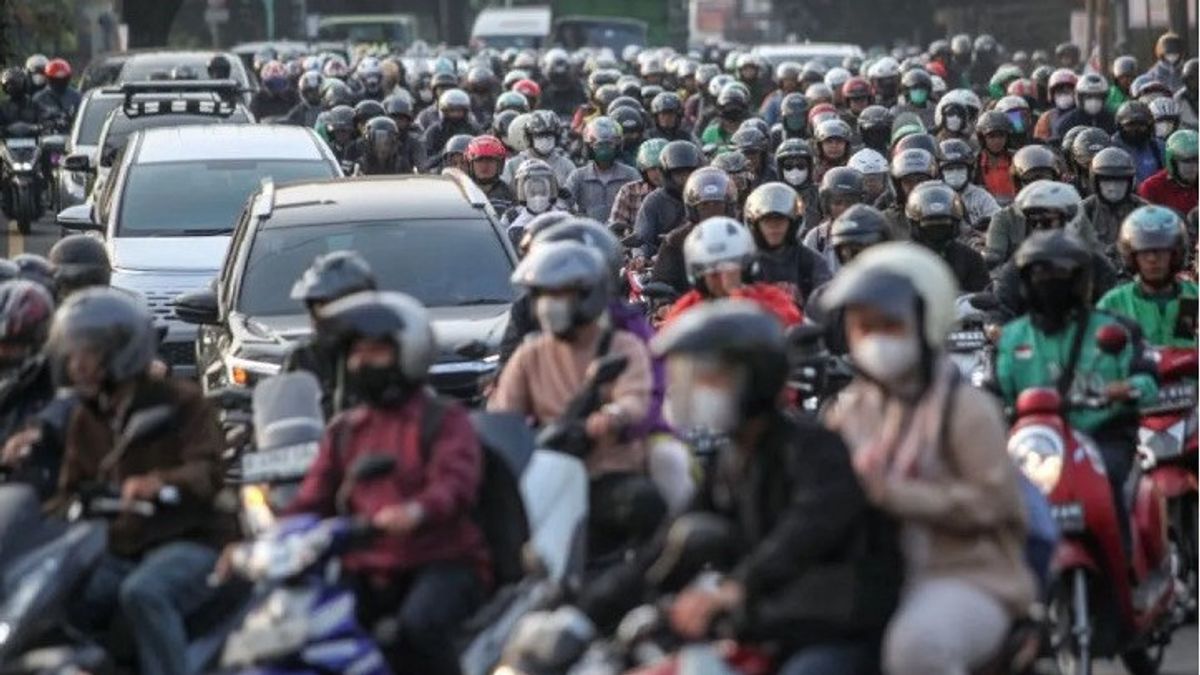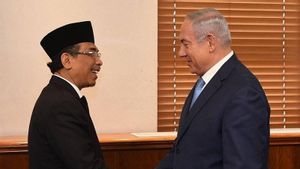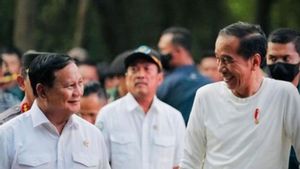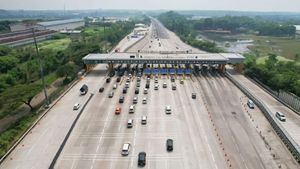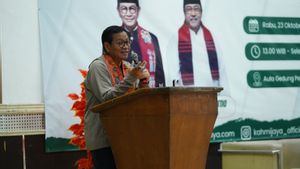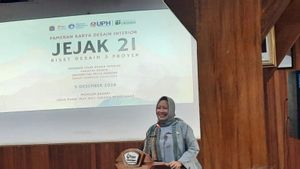JAKARTA The government's plan to require third party vehicle insurance to be questioned for its urgency. Observers assess that insurance obligations will only burden the community, especially the lower middle class.
Regarding the government's plan to require all motorized vehicle owners to participate in the insurance holiday party LIABILITY (TPL) starting in 2025, it was revealed after President Joko Widodo (Jokowi) signed a government regulation through the Ministry of Finance to follow up on Law Number 4 of 2923 concerning Financial Sector Development and Strengthening (UPU PPSK). Currently, the Financial Services Authority (OJK) is waiting for government regulations that are the legal umbrella for the regulation.
A public policy observer from Trisakti University, Trubus Rahadiansyah, said this policy would only increase the burden on the community, especially those with low income.
Meanwhile, the Indonesian General Insurance Association (AUI) positively welcomes this plan. AAUI Executive Director, Bern Dwyanto, believes that TPL insurance can reduce the government's financial burden in compensationing traffic accident victims.
Maybe there are still many people who are common with the term third party insurance or TPL as discussed recently. Insurance observer Irvan Rahardjo explained that TPL is legal responsibility insurance to third parties. This scheme bears the risk of claim for compensation from third parties if the vehicle causes harm to other people.
Simply put, if a vehicle hits a vehicle or property and other people, causing lawsuits, then this demand is covered by insurance.
Although this program can increase protection for the community, not a few also criticize mandatory motor vehicle insurance regulations.
insurance observer Dedy Kristianto considers mandatory motor vehicle insurance rules on the one hand can increase the growth of the insurance sector, because the number of vehicles in Indonesia is very large. But this growth has the potential to take a long time, because it is not impossible that an expired ratio will be high.
The expiration ratio is time-dependent policy comparisons in one year with the number of policies still in effect at the beginning of the year.
Dedy also believes that it will be difficult to implement mandatory motor vehicle insurance in Indonesia, because currently motorized vehicles are owned by various groups, including the lower class group.
For this reason, he advised the government to be able to massively socialize the benefits of insurance to the public. Awareness of the importance of insurance will encourage the public to voluntarily insure their vehicles. And this also needs to be accompanied by economic growth so that it does not become a wasteful program.
"Security in insurance must be accompanied by the ability to pay premiums. Without it, it can't be carried out," said Dedy, reported by Tempo.
Meanwhile, a public policy observer from Trisaksi University Trubus Rahadiansyah said the government should conduct a study first before implementing a mandatory insurance program for vehicles, especially regarding who the taxpayer is.
In this case Trubus refers to Article 39A of the PPSK Law which states that the government can oblige certain groups in the community to participate in the Mandatory Insurance Program.
"Certain people who are referred to here, it must be clear," Trubus said when contacted by VOI.
In Indonesia, motorized vehicles are divided into two, two and four wheels. This is distributed again by car owners whose CC is 1500, 1000, the premium must be different. Then the owner of the motorbike with 250 CC is also different from the others. And the CC 100 can be free, you don't have to pay for it," he continued.
SEE ALSO:
Trubus added that the policy of requiring TPL insurance to motorized vehicles will only increase the burden on the community in general. Because so far people have been burdened with a number of contributions such as paying taxes and the Social Health Security Administering Body (BPJS). Recently, the government also plans to impose mandatory levies on Public Housing Savings (Tapera). For that, he considered that this program should be made optional alias voluntary.
"If it is required, it will burden the community even more. So far, there has been accident insurance, namely Jasa Raharja. Then what more insurance do you want to add? Our people have paid other obligations such as BPJS, Jamsostek, taxes, and others," he said.
Like Trubus, Rio Priambodo as the Head of Complaints and Laws at the Indonesian Consumers Foundation (YLKI) is also of the view that not all people who own vehicles are able to pay for insurance premiums. Especially seeing the purchasing power of the people today who have not fully recovered after the COVID-19 pandemic.
"The government should prioritize public opinion before deciding the mandatory vehicle insurance," Rio said, citing Tempo.
On the other hand, the Indonesian General Insurance Association (AUI) welcomes the plan to implement mandatory motor vehicle insurance. AAUI Executive Director Bern Dwyanto said his party was preparing insurance industry players to support TPL as mandatory insurance.
A total of 82 companies that are members of AAUI will form three consortiums to provide this product. This step is considered to help customers choose the vehicle insurance company to be used.
TPL insurance, said Bern, can reduce the government's financial burden in compensationing traffic accident victims.
"At the same time providing financial assistance to accident victims or family," he said.
A number of benefits obtained from this insurance include medical expenses for injured victims, compensation for the heirs of the deceased, and compensation for material losses due to accidents.
The English, Chinese, Japanese, Arabic, and French versions are automatically generated by the AI. So there may still be inaccuracies in translating, please always see Indonesian as our main language. (system supported by DigitalSiber.id)
